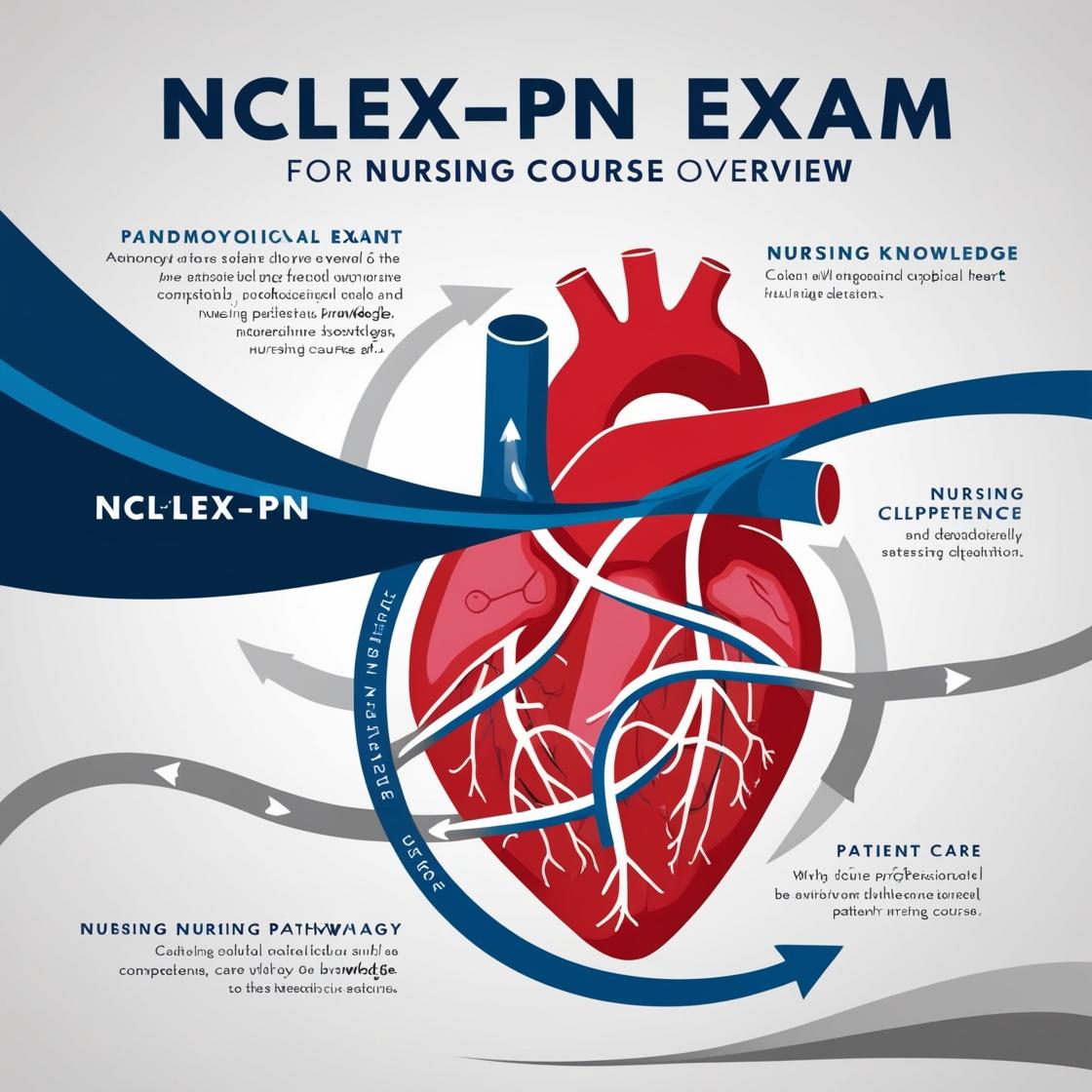NCLEX-PN
Next Generation Nclex Questions Overview 3.0 ATI Quizlet
1. Which of the following statements by a client indicates adequate understanding of preparation for a lipoprotein fractionation test?
- A. "I cannot eat or drink after midnight."?
- B. "I cannot eat for 12 hours before the test."?
- C. "I need to limit my fluid intake."?
- D. "I need to ingest a lipid solution."?
Correct answer: B
Rationale: The correct statement regarding preparation for a lipoprotein fractionation test is that the client cannot eat for 12 hours before the test. It is important to note that the client can drink an unrestricted amount of water. Limiting fluid intake is not necessary for this test. There is no need for the client to ingest a lipid solution as part of the preparation. Therefore, the other choices are incorrect.
2. All of the following are causes of vaginal bleeding in late pregnancy except:
- A. Placenta previa.
- B. Eclampsia.
- C. Abruptio placentae.
- D. Uterine rupture.
Correct answer: B
Rationale: The correct answer is B: Eclampsia. Eclampsia is a disorder of pregnancy characterized by hypertension, proteinuria, and edema. This condition can cause seizures and/or coma but does not typically present with vaginal bleeding. Choices A, C, and D are abnormal conditions that can cause bleeding, particularly in the third trimester. Placenta previa (choice A) is a condition where the placenta partially or completely covers the cervix, leading to vaginal bleeding. Abruptio placentae (choice C) is the premature separation of the placenta from the uterine wall, causing vaginal bleeding. Uterine rupture (choice D) is a serious obstetrical emergency where the uterus tears during pregnancy or childbirth, resulting in severe bleeding.
3. A syringe pump is a type of electronic infusion pump used to infuse fluids or medications directly from a syringe. This device is commonly used for:
- A. solutions administered in obstetrics.
- B. dilute antibiotics.
- C. large volumes of IV solutions.
- D. the neonatal and pediatric populations.
Correct answer: D
Rationale: The correct answer is 'the neonatal and pediatric populations.' Syringe pumps are commonly used in neonatal and pediatric populations because they allow for precise infusion of small volumes of medications or fluids at controlled rates. This is crucial for ensuring safety and accuracy in these delicate populations. Choice A is incorrect because syringe pumps are not limited to obstetrics; they are used in various healthcare settings. Choices B and C are incorrect because syringe pumps are not typically used for dilute antibiotics or large volumes of IV solutions. Instead, they are preferred for delivering small volumes accurately, making them ideal for neonatal and pediatric care.
4. For which condition might a client's antidiuretic hormone (ADH) level be increased?
- A. diabetes mellitus
- B. diabetes insipidus
- C. hypothyroidism
- D. hyperthyroidism
Correct answer: B
Rationale: The correct answer is diabetes insipidus. In this condition, the client's ADH level is increased. Diabetes insipidus is characterized by the inability of the kidneys to conserve water due to either inadequate secretion of ADH (central diabetes insipidus) or the kidneys' inability to respond to ADH (nephrogenic diabetes insipidus). Choices A, C, and D are incorrect. In diabetes mellitus, ADH levels are typically normal or elevated in response to high blood sugar levels. Hypothyroidism is not directly related to ADH secretion. In hyperthyroidism, ADH levels are usually normal or decreased.
5. A 10-year-old boy has been diagnosed with a congenital heart defect. Which of the following clinical signs does not indicate CHF?
- A. Increased body weight
- B. Elevated heart rate
- C. Lower extremity edema
- D. Compulsive behavior
Correct answer: D
Rationale: Compulsive behavior is not a clinical sign typically associated with congestive heart failure (CHF). CHF commonly presents with symptoms such as increased body weight due to fluid retention, elevated heart rate as the heart works harder to pump blood effectively, and lower extremity edema caused by fluid buildup. While behavioral changes can occur in response to illness, compulsive behavior is not a typical indicator of CHF. Choices A, B, and C are more commonly linked to CHF and should be monitored in patients with this condition.
Similar Questions

Access More Features
NCLEX PN Basic
$69.99/ 30 days
- 5,000 Questions with answers
- Comprehensive NCLEX coverage
- 30 days access @ $69.99
NCLEX PN Premium
$149.99/ 90 days
- 5,000 Questions with answers
- Comprehensive NCLEX coverage
- 30 days access @ $149.99
